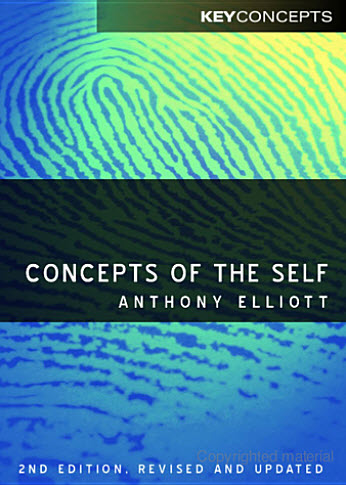 Our conversation has started in the CPsquare community, where I am sharing my current doctoral studies and approaching thesis. One of the community facilitators mentioned the a-ha moment, and this reminded me how increasingly central this is to my work. Don’t you wish we could bottle and share it?
Our conversation has started in the CPsquare community, where I am sharing my current doctoral studies and approaching thesis. One of the community facilitators mentioned the a-ha moment, and this reminded me how increasingly central this is to my work. Don’t you wish we could bottle and share it?
I came to my current academic program with an interest in exploring transformative learning experiences in distance learning, and while I have studied these experiences from a number of perspectives, including from the perspective of doctoral learners, it is this a-ha experience, sometimes called a conceptual threshold, threshold concept, or light bulb moment, that most interests me.
- What factors lead some people to have this a-ha, and not others?
- Is there any content or ideas that tend to have this effect on people?
- What does this experience feel like?
- What support helps sustain people through this?
- What ethical issues arise, especially when this experience may be encouraged by a faculty member or researcher?
These are some of those questions that inspire me, as they all lead to the pinnacle, IMHO, of the central questions in education — What did you learn and what will you do with it?

